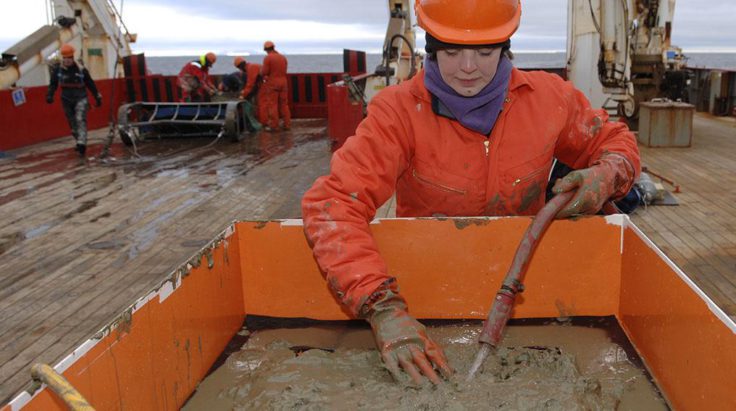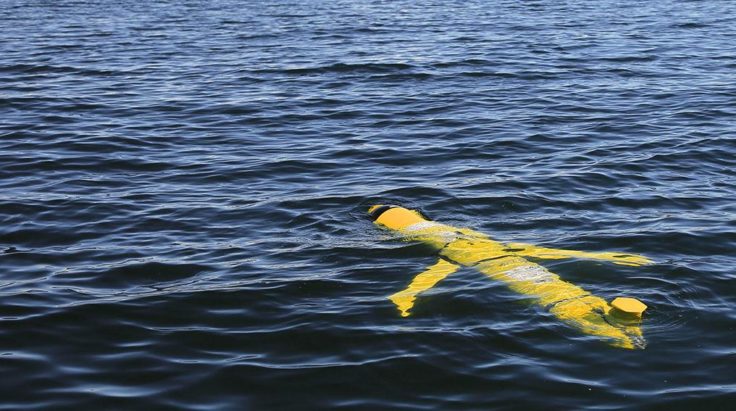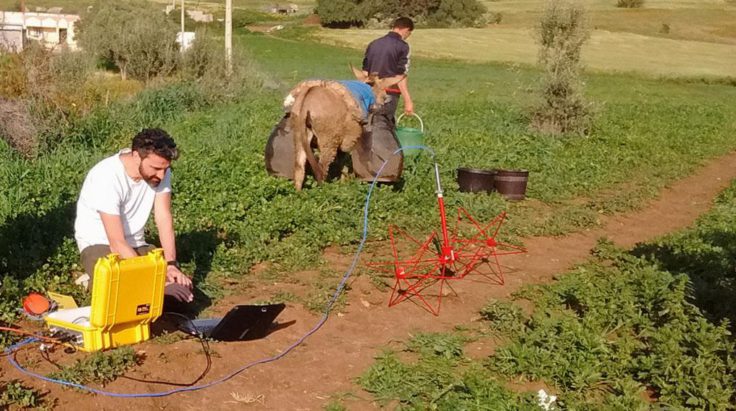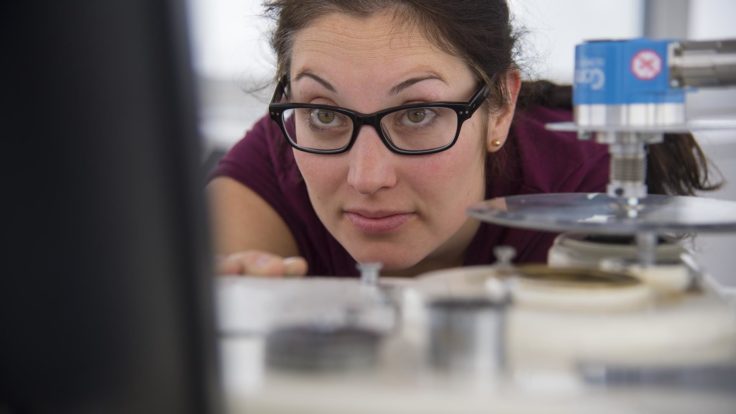Capabilities: applying BAS Science to Global Challenges
Marine biology
Experts from BAS’s science teams work with governments and conservation groups across the globe to capture invaluable scientific data revealing the complex interactions that shape underwater ecosystems. Our research underpins advice we provide on fishery licensing, identifies conservation priorities and supports sustainable aquaculture controls.
- At Ascension Island in the South Atlantic we carried out marine biodiversity and habitat mapping and provided ecosystem information that will help to improve the sustainable management of their fisheries.
- Through a Marie Curie European project CACHE-ITN we are exploring how increased seawater acidity is affecting shellfish populations, helping direct future aquaculture production.

Oceanography and glaciology
Studying changes in our oceans and glaciers – particularly in relation to climate change – has equipped BAS with scientific data that has shaped government policy and justified decisions to safeguard our planet. Using advanced scientific equipment, submersibles and remote sensing, we can model currents, map underwater topography and precisely measure changes to glaciers and ice sheets.
- In the Himalayas, we are using our experience of operating in inhospitable environments and airborne radar to map shrinkage in highmountain glaciers on which 800 million people depend for water.
- In the South Atlantic we are studying marine ecosystems to establish a base-line from which to measure future change.

Geology and geophysical mapping
BAS has advanced geophysical research tools capable of digital geological mapping, aerogeophysical surveying and measuring change in glacial systems. In addition, instrumentation developed by BAS for use in the Polar Regions frequently proves to have unexpected uses. Combined with our deep understanding of geophysical sciences, our technologies can reveal critical data that enhance prediction and form the basis for action.
- In Morocco we are using our ground-based radar equipment developed in Antarctica to record the levels of groundwater on which farming communities depend.
- In locations around the world we are deploying hyperspectral instruments that may ultimately be capable of detecting minerals via aircraft or satellite.

Meteorology and natural disaster defences
Changes to the world’s climate pose tremendous challenges for communities worldwide. Rising sea levels, increased risks of flooding and even subtle shifts in weather are already affecting the lives of millions. BAS is both measuring climate change and seeking to understand its causes and impacts. Our work includes creating detailed models predicting the consequences of sea-level rise, identifying coastal vulnerabilities and gauging the impact of weather fluctuations on local populations.
- In High Mountain Asia we are creating high-resolution models incorporating long-term climate observations to determine how precipitation will affect high-mountain glacier melt and the implications this will have for vast numbers of people in the region.
